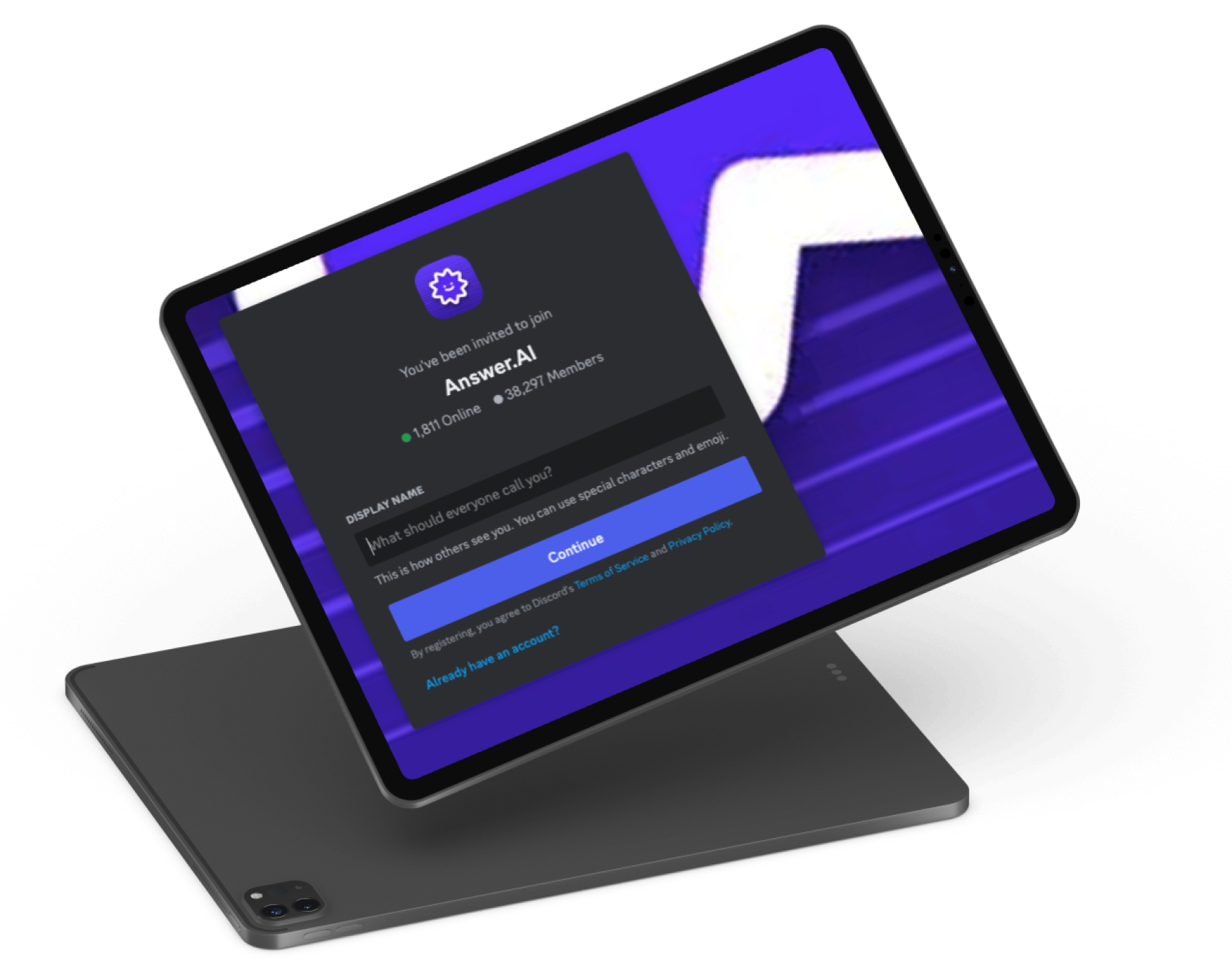How To Make The Most Of College Fairs And Campus Visits

Table of contents
Choosing the right college is one of the most important decisions you’ll make during your high school years. College fairs and campus visits are invaluable tools that can help you gather information, narrow down your choices, and ultimately make the best decision for your future. However, to truly benefit from these opportunities, you need to approach them with a plan. In this blog, we’ll explore how to prepare for and navigate college fairs and campus visits, including the key questions to ask, what to look for, and how to follow up afterward.
College Fairs
How to Prepare:
College fairs are a chance to connect with representatives from various institutions, ask questions, and learn about schools you may not have considered before. However, with so many colleges represented, it’s easy to feel overwhelmed. Proper preparation ensures that you make the most of your time and leave with valuable information.
- Research in Advance: Before attending a college fair, research the schools that will be present. Identify the ones that interest you the most and make a list of questions you want to ask. Knowing what each college offers in terms of programs, campus culture, and financial aid can help you tailor your questions.
- Bring a Notebook and Pen: Take notes during your conversations with college representatives. Write down key details, names of contacts, and anything that stands out to you.
- Prepare a Resume: Some college fairs allow you to submit a resume to representatives. This can be a great way to make a strong impression and provide them with additional information about your academic achievements and extracurricular activities.
- Dress Appropriately: While college fairs are not as formal as interviews, it’s important to make a good impression. Dress neatly and professionally to show that you’re serious about your college search.
What To Do:
Once you arrive at the college fair, it’s important to approach the event strategically. With so many schools represented, you want to make sure you gather as much useful information as possible without feeling rushed.
- Prioritize Your List: Start by visiting the colleges at the top of your list. This ensures that you get to speak with representatives from your preferred schools before the event gets too crowded or time runs out.
- Ask the Right Questions: Beyond basic information, ask questions that will help you understand if a school is a good fit for you. Some examples include:
- What are the most popular majors at your school?
- What kind of student support services are available?
- How does your school handle internships and job placement after graduation?
- What is the campus culture like?
- How is the housing situation for freshmen?
- Be Open-Minded: While it’s important to focus on your top choices, don’t be afraid to explore schools that weren’t initially on your radar. You might discover a hidden gem that fits your needs perfectly.
Campus Visits
How to Prepare:
Visiting a college campus gives you a firsthand experience of the environment where you might spend the next four years. It’s an opportunity to see if you feel comfortable on campus, interact with current students, and visualize yourself as part of the community.
- Schedule in Advance: Plan your visit ahead of time and schedule an official tour through the college’s admissions office. Some schools also offer the chance to attend a class, meet with faculty, or stay overnight in a dorm—take advantage of these opportunities if they’re available.
- Research the Campus: Before you visit, familiarize yourself with the campus layout, key buildings, and areas of interest. This will help you make the most of your time and ensure you see everything you need to.
- Prepare Questions: Like with college fairs, bring a list of questions to ask your tour guide or admissions officer. Consider questions like:
- What are the most popular clubs and organizations on campus?
- How accessible are professors outside of class?
- What is the surrounding town or city like?
- How does the school handle student safety?
- What is the freshman retention rate?
- Bring a Camera and Notebook: Take photos and notes during your visit. After touring several campuses, it can be easy to forget specific details, so having a visual and written record will be helpful when you’re comparing schools later.
What To Do:
During your visit, pay attention to the details that will affect your day-to-day life as a student. Beyond the formal tour, take some time to explore the campus on your own, visit the library, student center, and dining halls, and talk to current students about their experiences.
- Observe the Campus Vibe: Do students seem happy and engaged? Is the campus lively or quiet? Think about whether the atmosphere aligns with what you’re looking for in a college experience.
- Visit Key Facilities: Check out the dorms, academic buildings, athletic facilities, and any other areas that are important to you. Consider the condition of these facilities and whether they meet your expectations.
- Interact with Students and Faculty: Don’t hesitate to ask students about their experiences or approach a professor if you have questions about a particular department or program. Their insights can provide a deeper understanding of what life is like at the school.
Follow Up
After attending a college fair or visiting a campus, it’s essential to follow up on the connections you made. This not only shows your continued interest in the schools but also helps reinforce your memory of each institution’s offerings.
How to Follow Up:
- Send Thank You Notes: If you had meaningful conversations with college representatives or tour guides, send them a thank you email. Express your appreciation for their time and reiterate your interest in the school.
- Review Your Notes: Go over the notes and photos you took during the events. This will help you compare the colleges and make informed decisions as you narrow down your list.
- Reach Out with Additional Questions: If any new questions arise after the fair or visit, don’t hesitate to reach out to the admissions office or the contacts you made. They’re there to help you through the application process.
Conclusion: Maximize Your College Search Experience
College fairs and campus visits are essential parts of the college search process, providing you with the information and experiences you need to make an informed decision. By preparing in advance, asking the right questions, and following up afterward, you’ll be able to maximize these opportunities and find the college that’s the best fit for you. Remember, your college experience starts with making informed choices—use these tips to help guide your journey.
See Related Articles

College Admissions: How to Prepare for Interviews

Get Noticed by Colleges: Passion Projects

Where to Apply for College: Popular Application Systems

Join our Discord community
Get updates on upcoming webinars, live discussions, peer support, and more.
Join the community




